Understanding how to select the ideal living space for your spiky pal may not be the easiest task. But don’t worry! With this ultimate guide, we will enlighten you on choosing an optimal hedgehog cage, helping you to take good care of your unique pet, who is full of personality and relatively easy to maintain. The ideal housing should be comfortable, secure, spacious, well-ventilated, and hassle-free to clean.
A Deeper Insight into Hedgehog Cages
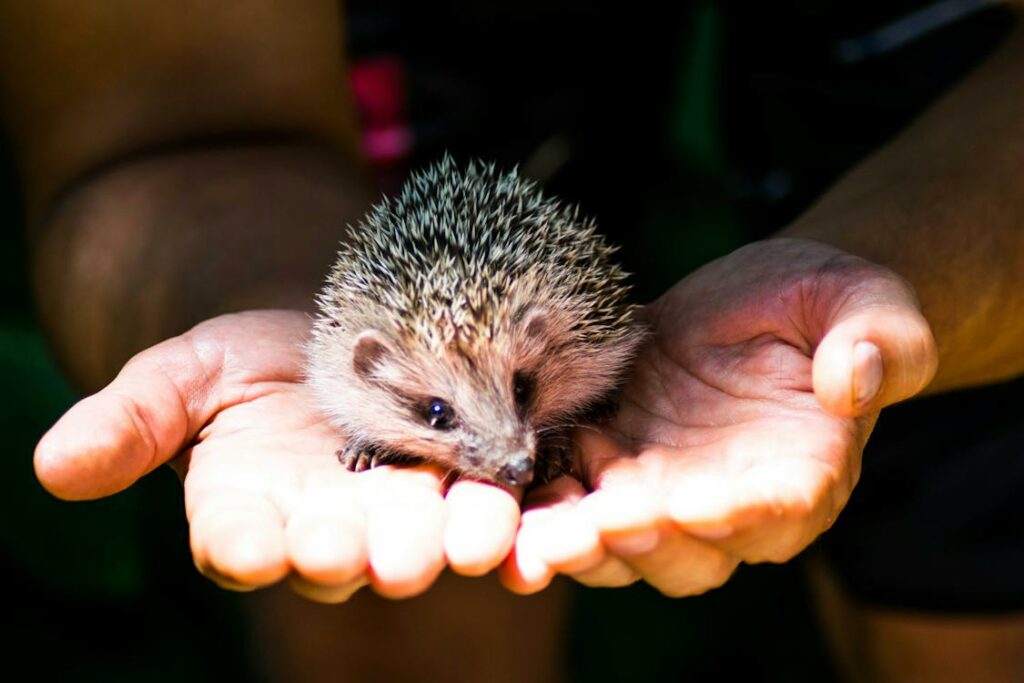
Size Matters
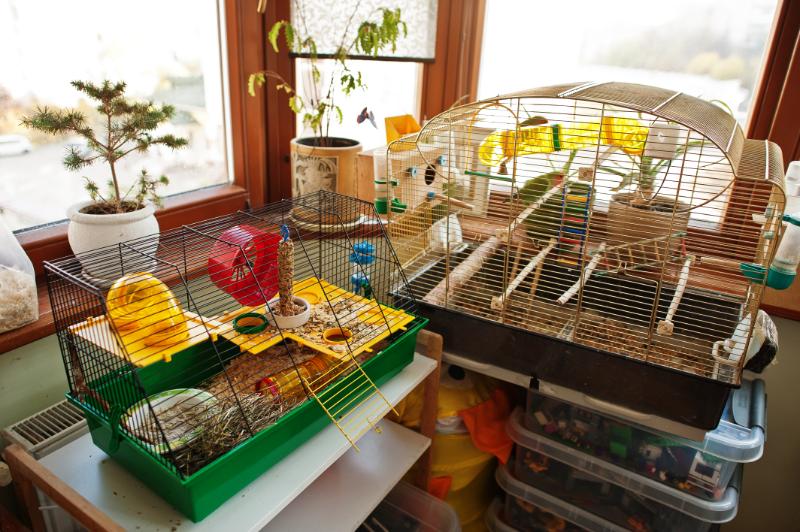
Hedgehogs are known to roam large areas in search of food, illustrating the importance of a spacious cage. Despite their small size, anything less than one by two feet could restrict their normal activity. The best option would be an expandable cage that provides additional room.
Priority on Safety

When considering the safety of hedgehog cages, ensure that the floor is solid with no wire grates, eliminating the risk of trapping their tiny legs. Also, look out for sharp corners or diminutive holes where the curious head of your tiny friend could get stuck.
Focused on Fresh Air
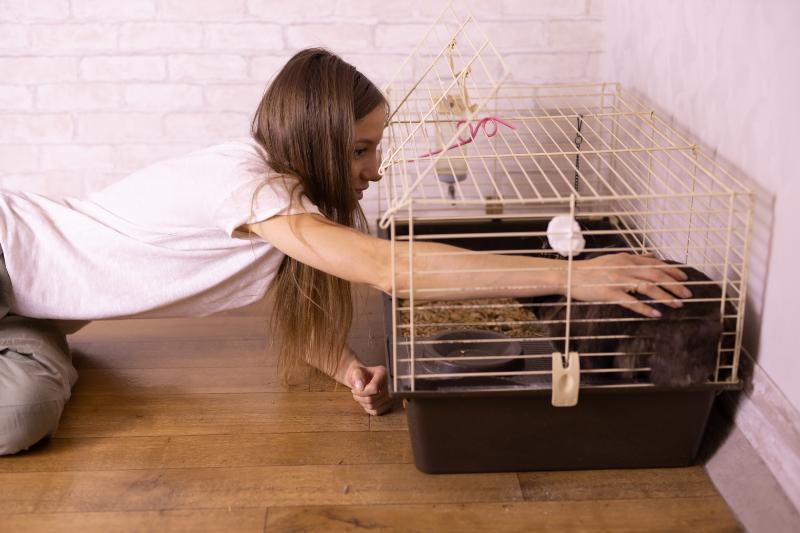
Good ventilation is essential for all caged animals to prevent the build-up of ammonia from urine which may cause respiratory issues. As hedgehogs also require low humidity housing, it’s necessary to pay attention to this aspect while picking out a cage.
Cleaning Convenience
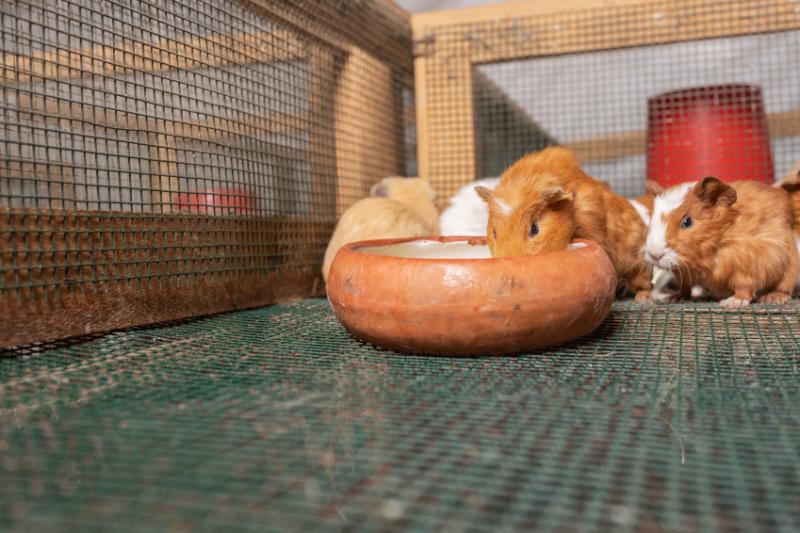
A cage with easy accessibility makes the pet-keeping experience more enjoyable. Cleaning would be a weekly task, so the ease of maintenance is an important factor.
What to Choose: Wire or Plastic Hedgehog Cages
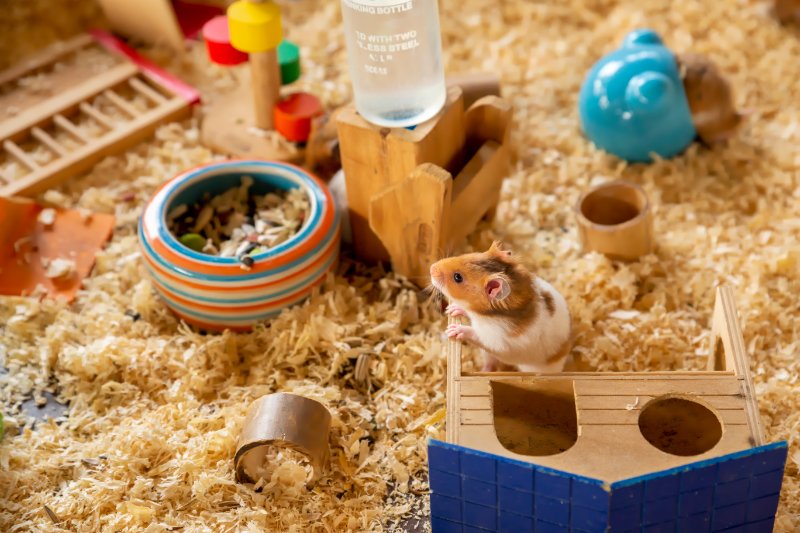
Wire and plastic cages are the most common choices when it comes to hedgehog cages. Wire offerings are reasonably priced, easily found, ventilated, and straightforward to clean. However, wire floors are generally not solid, so placing a wooden board or a Vellux blanket could solve this.
On the other hand, plastic cages, with their varying colours, configurations, and additional housing spaces, offer plenty of room but often fall short on ventilation and are usually costlier. An alternative to these cages could be used fish aquariums covered with wire mesh or wooden cages.
Final Thoughts
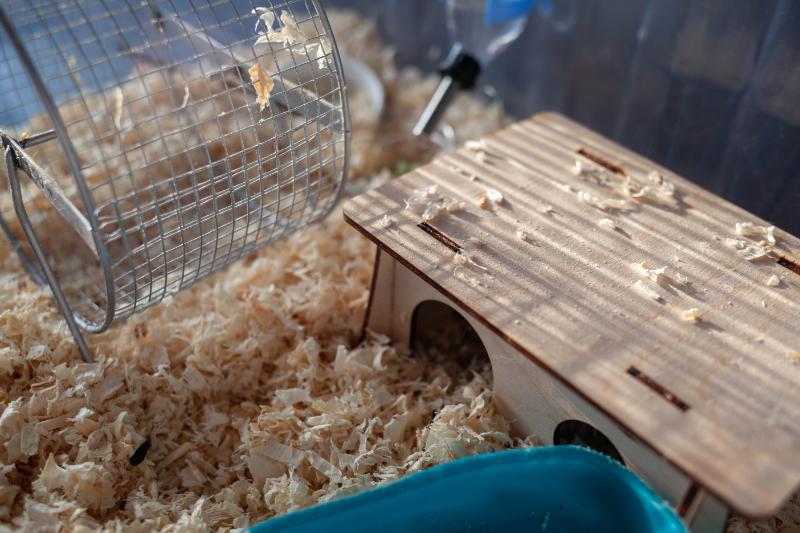
By carefully considering the factors mentioned above, you’re now equipped to choose the perfect cage for your prickly companion, making their space not just a cage, but a home. Remember, a happy pet makes a happy pet parent!
Related Resources: